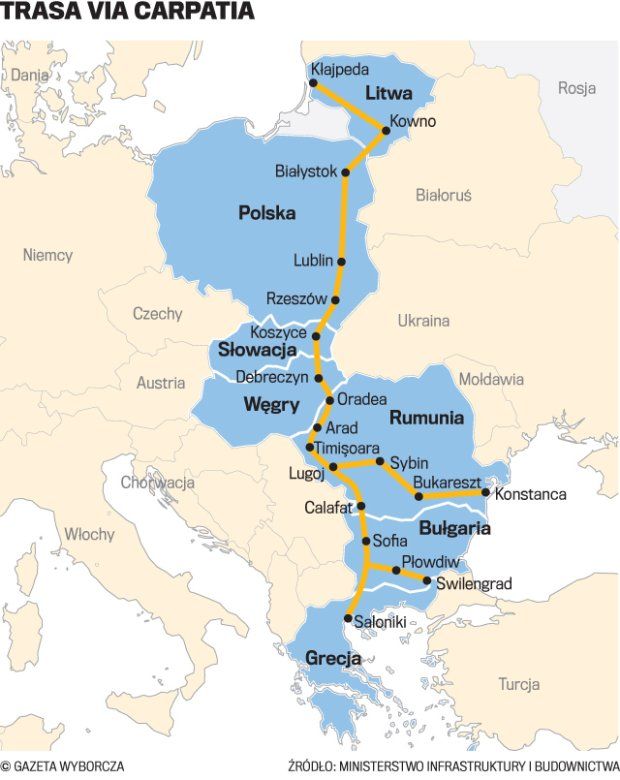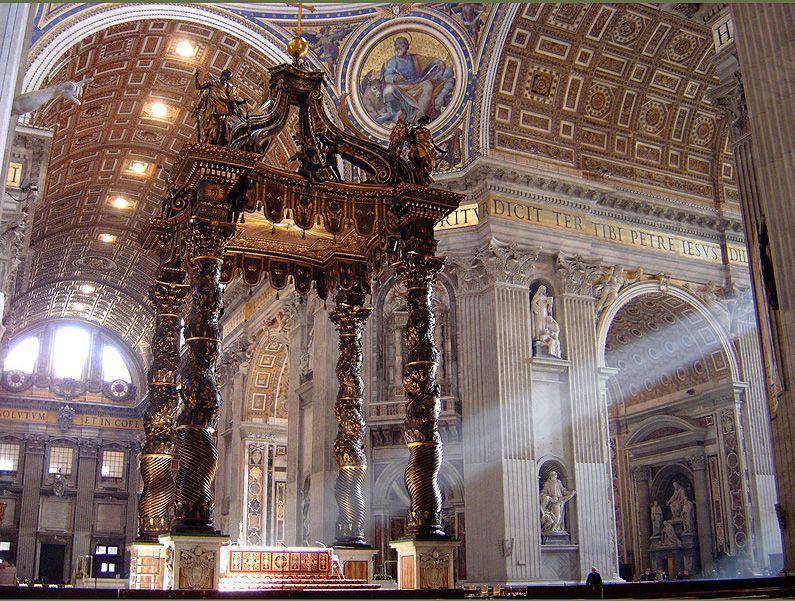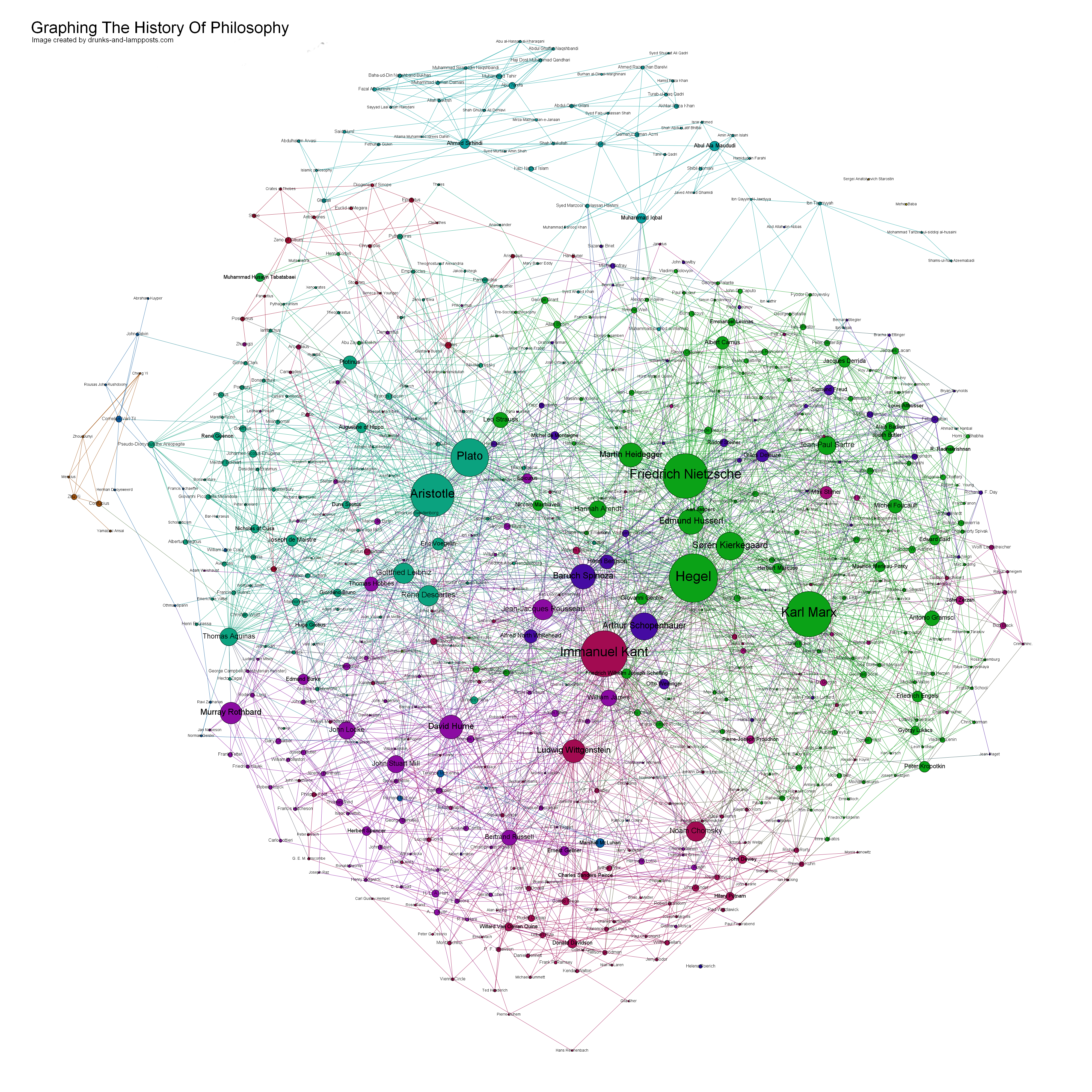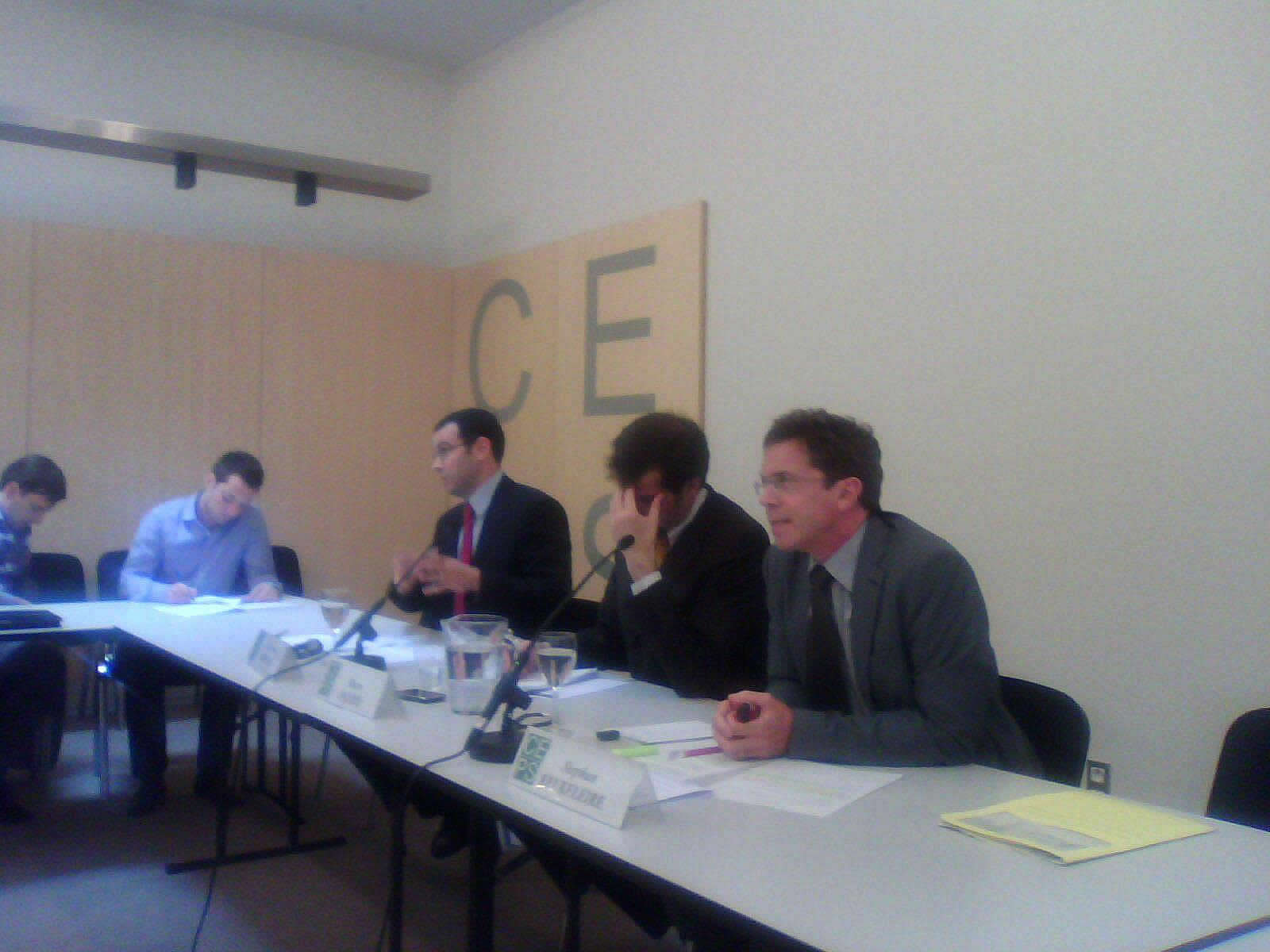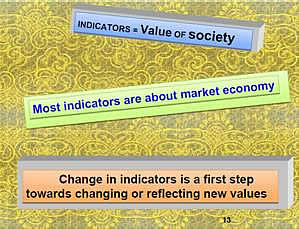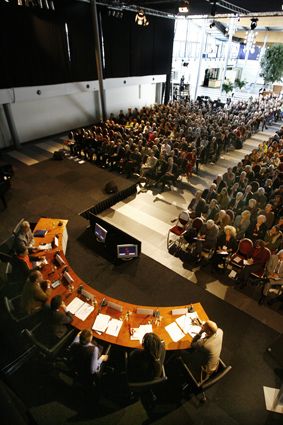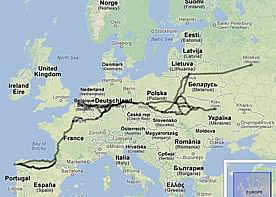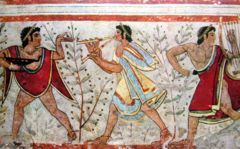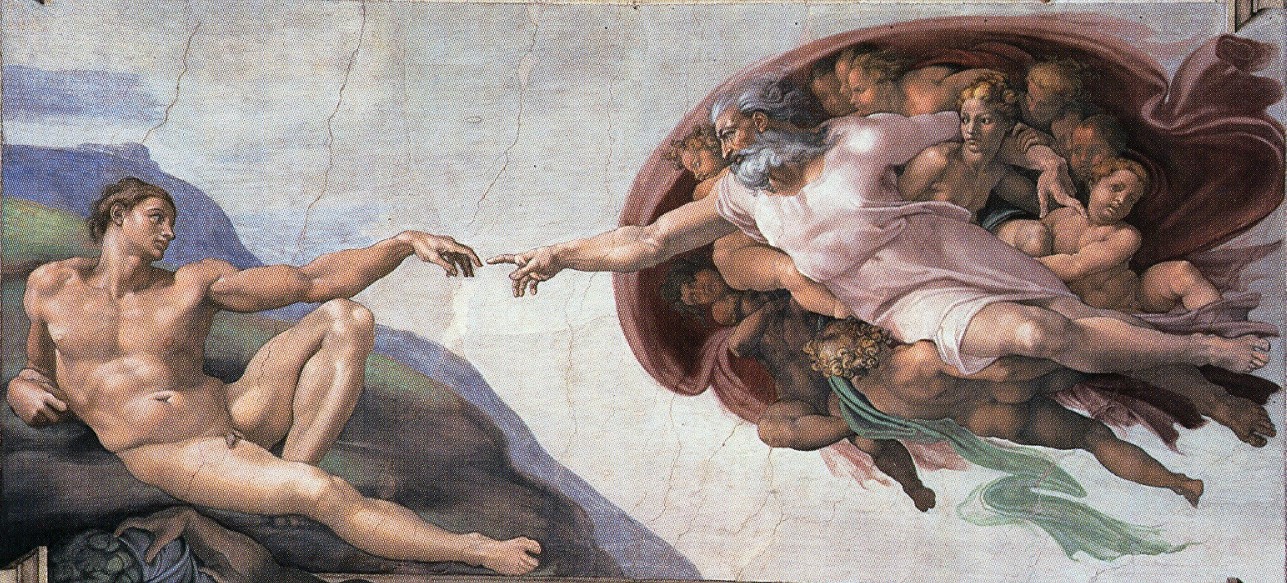| Shakespeare had the curse: “a plague on both your houses.” First, one lesson seen in country after country is the inevitable interdependence among enterprise, government and civil society. Going forward, after the contagion has been tamed, we should be more intentional in balancing those interdependencies. Second, the alignment of the concept paper with Catholic Social Teachings, and thirdly, Albert Camus’ notable novel The Plague as a metaphor for human travails. For Camus, in many senses, our lives are always about to be taken by a plague of one kind or another. What, then, should be our stance when a plague appears and surrounds us with its death and causes us to fear for ourselves?
A New Order for the Age (August 2020, Stephen B. Young Global Executive Director Caux Round Table for Moral Capitalism)
Our modern civilization, arising out of the industrial revolution, rests on three functional sectors: government, civil society and enterprise. Whether our economies are old socialist, new national socialist, welfare-state capitalist or neo-liberal capitalist; whether our economies are advanced post-industrial or poor and still developing; whether our political systems are constitutional democracies, one party hierarchies or directed by despots; whether our societies are open and pluralistic or constrained by ideology or theology, each nation nevertheless needs, through responsible and inspired leaders, to 1) create wealth that can sustain wellbeing, 2) provide public goods, such as law and education, and 3) maintain normative legitimacy for its institutions and proclaim moral purpose that the lives of its citizens may have reassuring meaning.
Modernity has lost its fondness for convergence. It is now diffusing and pluralizing its energies. Its essence is subdividing, morphing into different forms and expressions. Inconsistencies among cultures are escalating into wars of cultures.
Covid has exposed such vulnerabilities and shortcomings. Consider the subsidence of leadership. Self-righteous employees impose their will on those around them. Behaviors become toxic at will. The flow of trust ebbs.
The world today is audaciously complex, ambiguous and interdependent. It is easy to lose one's confidence when the range of possible outcomes expands and there is no line of sight to reliably expected outcomes. Little can be foreseen. When everything might be possible, trust becomes impossible.
We have lost time for reflection. The rate of flow in which we try to swim towards our destinations increases daily and threatens to sweep us away from our lifelines at a time when we have no trusted heritages to use as life vests.
The qualities we need in ourselves and to perceive in others are: 1) courage, 2) understanding the other and 3) value organization. These can emerge from conscience which teaches us how to co-value ourselves and others, to become aware of our roles and duties; of how to appreciate our positions of stewardship bringing moral order out of chaos.
We are separated from one another by dispositions, psychological presumptions or world views. Some fall back on a will to power. Others are self-indulgent, but in the emotional Dionysian fashion. Yet more prefer Apollonian forms and structures. Still others are detached rationalists. And many are just materialists.
These disparate dispositions bond their respective followings into mini-cultural communities which become tribes. Leadership today is within the tribes, not daring to cross boundaries or risk contact with what seems to be a soul-destroying contagion or might lead to a draining away of self. We debate identities, teleologies in win/lose terms, not strategies for collaborations producing mutual benefit.
In such a world, there would be value in slowing down the mind-process and still the fever of emotions which can only afflict us with their distractions and their undermining of our self-control. There is also value in embracing each other. Perhaps we need to develop the skill of mapping the domains of tribes, a social and cultural cartography where overlapping Venn circles might appear on the map.
But who has the courage? Acceptance of accountability is an expression of courage.
Values are the well-spring of courage. Courage will crystallize leadership.
The need is to convert this crisis into new possibilities through rethinking. The will to propose without fearing others would be most welcome. It would draw forth trust by setting an example of accepting responsibility for the future. Its impact would scale across the tribes.
|




